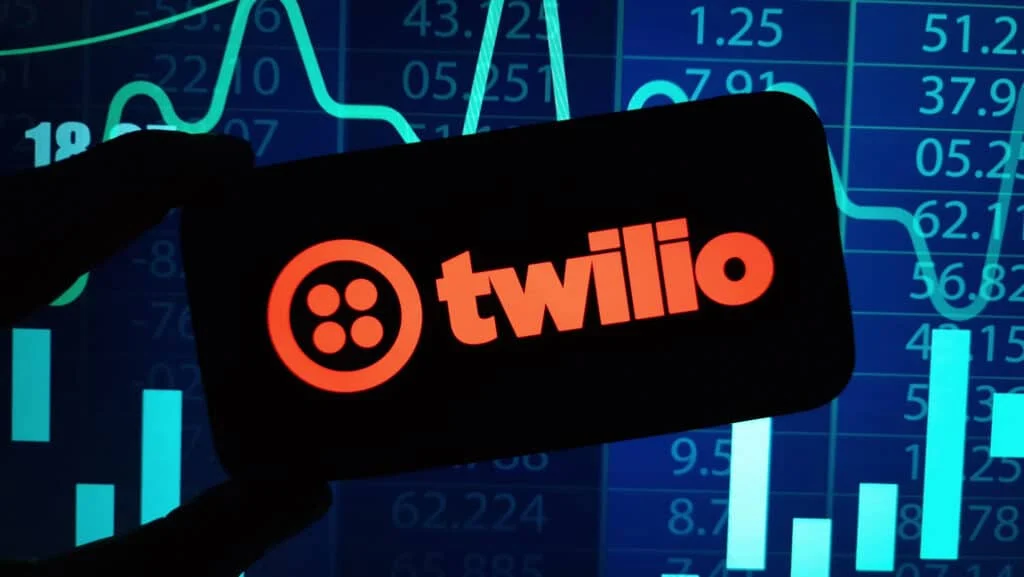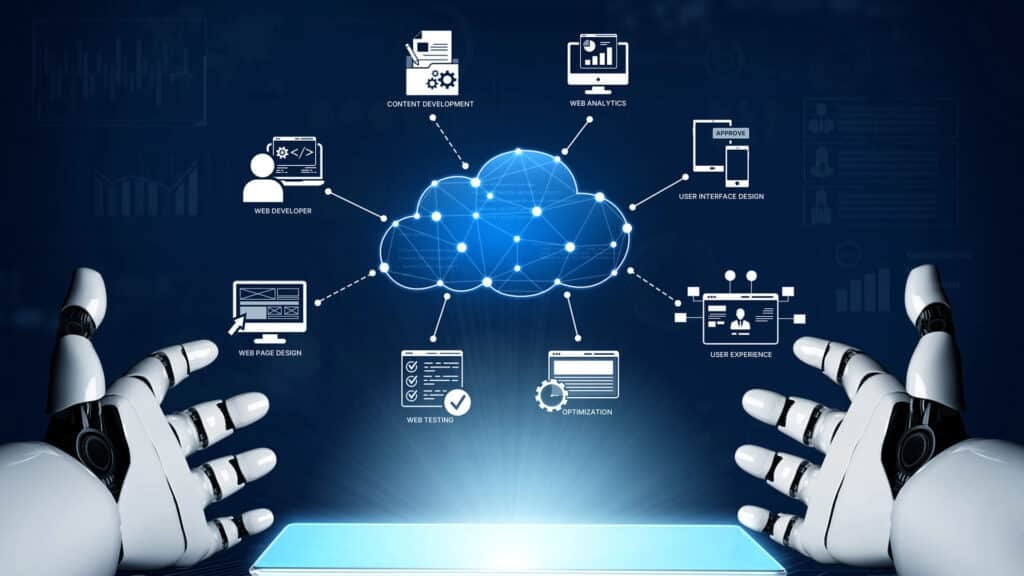The Six Five team discusses Open AI Debacle Resolved.
If you are interested in watching the full episode you can check it out here.
Disclaimer: The Six Five Webcast is for information and entertainment purposes only. Over the course of this webcast, we may talk about companies that are publicly traded and we may even reference that fact and their equity share price, but please do not take anything that we say as a recommendation about what you should do with your investment dollars. We are not investment advisors and we ask that you do not treat us as such.
Transcript:
Patrick Moorhead: OpenAI debacle and I think the conversation, Dan, is like this thing is resolved and what were the reverberations? I don’t think we need to rehash every single gameplay that happened, but new lookup on the board. Microsoft still doesn’t have a voting board seat and Sam Altman is back and Ilya is not on the board anymore. But what does this mean? Is this done, Dan, and what does it mean?
Daniel Newman: Look, this is wild and the amount of speculation is just crazy. Look, it was great for media appearances. I had a chance to go on Fox Business to talk about this for a while. And by the way, anyone that said anything with a sort of emphatic tone is looking really stupid right now.
Patrick Moorhead: Yeah.
Daniel Newman: When I saw the news break, my news was basically like, “This isn’t the whole story. Just wait.” There was no way that what we heard was the whole story, whether it was, first of all, if you really was thrown out, it was probably going to be for something like nefarious. It wasn’t like because, “Oh, this guy was too ambitious. We got to get rid of him.” I was worried that they found him and Michael Vick. You know what I mean?
Patrick Moorhead: Right.
Daniel Newman: It just wasn’t going to be something like that. And then once you realize it wasn’t likely that, then you’re like, “All right. So what’s going on here?” And so it started to become a real governance thing. You’re looking at this and this is a non-for-profit, which is so interesting in itself. You’ve got this non-for-profit company that’s now forming a commercial business that is largely for-profit that is funded almost entirely by corporations that are going to make massive amounts of money because of the implementation of this technology and yet you’ve got a board that’s largely full of people that are not even close to the level of being able to govern something that’s got this kind of trajectory. And of course you’ve got Altman himself as a non-shareholder of the company, which is super weird. I still don’t-
Patrick Moorhead: Shareholder of the profitable company.
Daniel Newman: Right.
Patrick Moorhead: We think.
Daniel Newman: We think. It’s not really clear. Again, leaving more kind of weirdness in this whole situation. And then with this thing, it’s so funny, Pat, but I’m not going to just diatribe here. I’m going to talk a little bit and I’m going to hand it to you and maybe we can circle back since we were so efficient here, but it was super interesting to me is how then it got resolved and then really it was just over. For a week this was like the thing. There was nothing else that was going on. It was the only news and every day it was like a soap opera and all the sudden it was over and he’s just back and it’s good. Everything’s pretty much the same. And all I can think to myself is, as we were listening to AWS talk about bedrock and we’re listening to this kind of multi open model approach and you’re listening to how this is going to work in the wild with real enterprises and how different models are good at different things.
All I could think to myself is, “Gosh. This sure serves as a great moment for Microsoft to maybe say, “We like OpenAI, but we’re going to really lean into some partnerships here with anthropic coherent.” And by the way, this oddly gave the company permission to do so. I don’t know if there’s any real correlation between those things, but gosh, what a nice moment to maybe go back on that sort of, “We’re going to bet all in on a single partner here,” and open the opportunity for them to say, “We’re going to bet on an ecosystem,” which seems to work best in every industry these days.
Patrick Moorhead: Yeah. To me that’s great analysis, Dan, and governance, while it doesn’t sound sexy, if you come in and you don’t have the voting rights, Dan, things can happen that get very challenging. And I think we saw the fragility, but the value of generative AI out there. Microsoft can’t get too close to OpenAI and they’re way too big of a company with way too much scrutiny on them for them to own OpenAI. So I didn’t see that. I had four scenarios that I was rolling out to the media and I think I was on Singapore News. No, I’m just kidding.
Daniel Newman: Say that more.
Patrick Moorhead: I’m just kidding. To match up with your Fox-
Daniel Newman: Ah. Okay. Sorry about that. Yeah. I got you now.
Patrick Moorhead: No, but that was a last scenario because Microsoft, I can’t even imagine the scrutiny. There will be mistakes made with generative AI. I think we did see the community come together and say, “Listen,” when AI gets a consciousness and awakes like HAL 2000, this is when it gets really super challenging and the community came out and said, “Not this year and not for the next five years.” And apparently the big thing that OpenAI was working on that freaked everybody out was a more efficient way to do these models that take dramatically less GPU power.
Daniel Newman: And AGI, right? The whole AGI thing was-
Patrick Moorhead: Exactly and that was just my way of talking about how 2000 consciousness, but yeah. AGI and getting there quicker on AGI. And the board member who stood down this week saying it wasn’t about that. I’m sorry. I don’t buy that. I just 100% think that’s a bold-faced lie and not honest. So now there’s still lingering questions I think out there on what happened.
Author Information
Daniel is the CEO of The Futurum Group. Living his life at the intersection of people and technology, Daniel works with the world’s largest technology brands exploring Digital Transformation and how it is influencing the enterprise.
From the leading edge of AI to global technology policy, Daniel makes the connections between business, people and tech that are required for companies to benefit most from their technology investments. Daniel is a top 5 globally ranked industry analyst and his ideas are regularly cited or shared in television appearances by CNBC, Bloomberg, Wall Street Journal and hundreds of other sites around the world.
A 7x Best-Selling Author including his most recent book “Human/Machine.” Daniel is also a Forbes and MarketWatch (Dow Jones) contributor.
An MBA and Former Graduate Adjunct Faculty, Daniel is an Austin Texas transplant after 40 years in Chicago. His speaking takes him around the world each year as he shares his vision of the role technology will play in our future.







